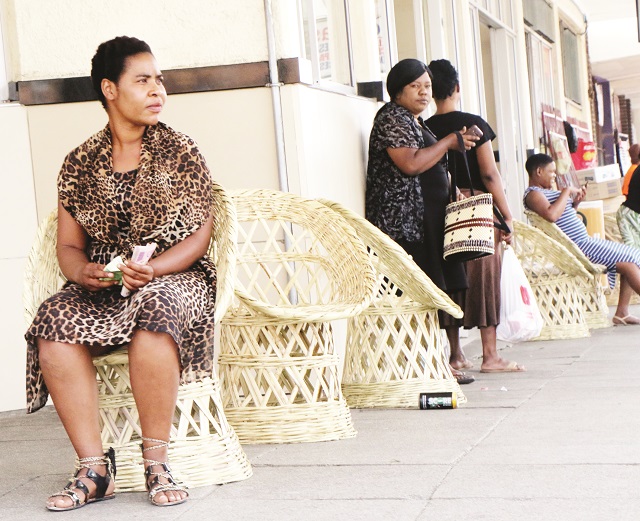US cuts number of refugees it is prepared to resettle


The United States will reduce the number of refugees it is prepared to accept for resettlement to 45,000 in the 2018 fiscal year, despite the millions of displaced in camps around the world like these Rohingya near Ukhia in Bangladesh
The United States will reduce the number of refugees it is prepared to welcome for resettlement to only 45 000 over the next year — about half the figure for 2016.
The decision announced on Wednesday will disappoint refugee advocates and United Nations agencies, which are struggling to cope with millions displaced by several major wars.
In the 2016 fiscal year, the US accepted 84 995 refugees from around the world. This year it is on course to take in about 54 000.
“The security and safety of the American people is our chief concern,” a senior US official told reporters on a call to announce the new figure.
“We need to ensure refugee resettlement opportunities go to those who are eligible for such protection and who are not known to present a risk to the safety or the security of our country.”
The administration proposed taking in a maximum of 19 000 refugees from Africa, 17 500 from the Middle East and South Asia, 5 000 from East Asia, 2 000 from Europe and Central Asia, and 1 500 from Latin America and the Caribbean.
The United States is still the world’s biggest destination for refugees, but arrivals are well down from a high of more than 200 000 in 1980.
The International Refugee Assistance Project, part of the New York-based Urban Justice Centre, condemned the announcement as a case of the United States abdicating its leadership role on humanitarian issues at time when the world is grappling with the largest number of refugees since World War II.
“Resettlement is only an option in the most urgent refugee cases,” said Betsy Fisher, IRAP’s policy director. “It’s hard to comprehend why the administration would move to limit resettlement when the need is greater than ever. We are abandoning desperate people in life-or-death situations, including children with medical emergencies, US wartime allies, and survivors of torture.”
President Donald Trump has made no secret of his hostility to resettlement, having ordered a moratorium on new arrivals and tougher background checks.
Those who are accepted for resettlement in the United States are selected by the United Nations refugee agency from among the most vulnerable displaced people.
Officials said they plan to complete a review of security procedures for vetting new arrivals by next month, but arrivals next year will be reduced.
Widows with children, the elderly, and the disabled are given priority and subjected to a thorough screening process by US security and intelligence agencies.
The process takes between 18 months and two years, and only then are the refugees assigned to resettlement agencies working under contract with the State Department.
The agencies help families find housing and employment, mainly in small and medium cities around the United States.
Trump has ordered a security review to further tighten procedures, slowing acceptances.
Meanwhile, Americans, it seems, have rowed a lot about healthcare in recent years.
Anybody who thought this week’s collapse of the latest Republican bid to scrap the 2010 Affordable Care Act (ACA), better known as Obamacare, would draw a line under this long-running ruckus will be sorely disappointed.
The Republican party of US President Donald Trump is already planning another swipe at Obamacare in October 2018 — the next time the US Senate can pass fast-track finance laws with a slimmer majority than usual.
Some key Democrats are getting behind plans for a government-run universal healthcare system to cover all Americans, akin to schemes familiar to citizens of richer European and Asian countries.
Campaigners increasingly say a switch to European-style universal healthcare in the United States is “inevitable”, that Obamacare has whet public appetite for an all-inclusive medical scheme and politicians are getting on board.
“The case for universal, federal healthcare is advanced and we’re close to winning, but this last inch needs the most work and is where we face the greatest resistance,” Benjamin Day, director of advocacy group Healthcare-NOW! told Al Jazeera.
He credits Bernie Sanders, the cranky Vermont socialist whose surprise wins in Democratic primaries for the 2016 election race challenged the assumption that lefty views on tax and healthcare were anathema to Americans. — Al Jazeera










Comments